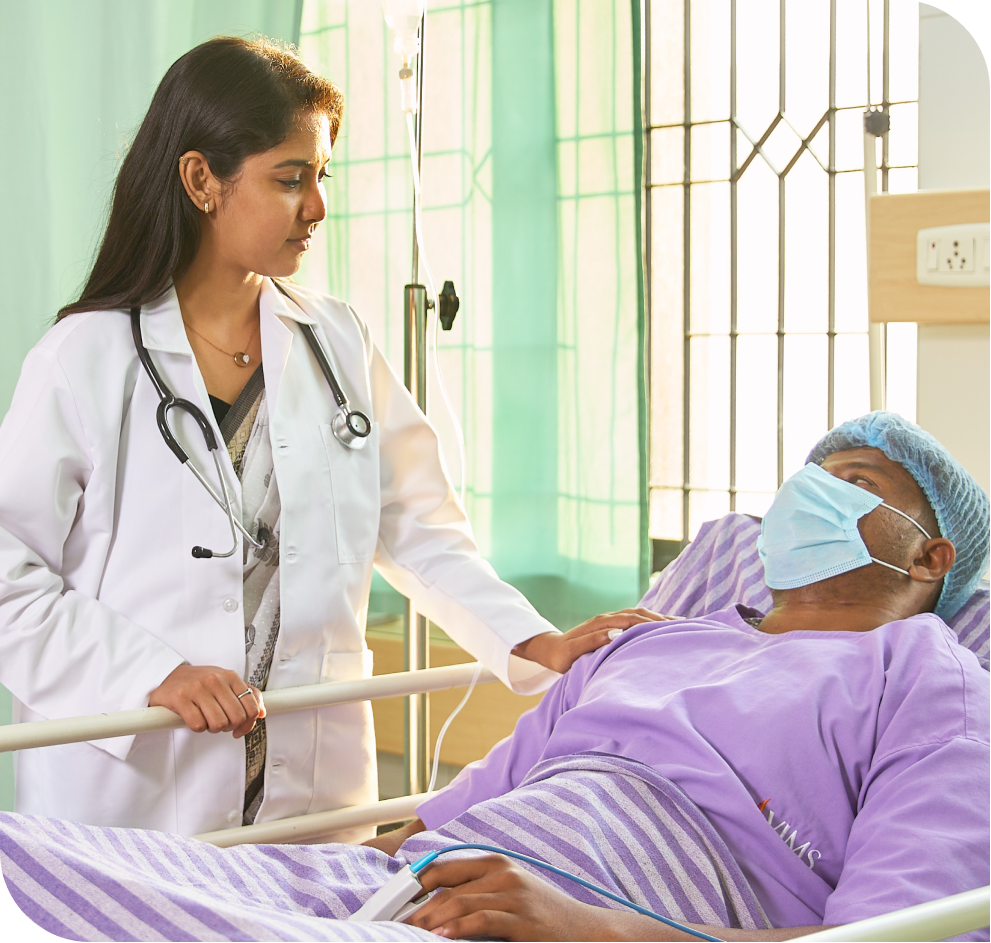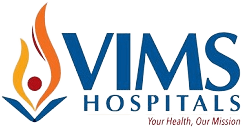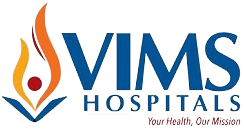Our Specialities > Laboratory Services
VIMS Hospitals Laboratory is headed by a well-experienced pathologist with vast knowledge and expertise in Clinical Laboratory Science and pathology. It provides a wide variety of clinical tests and investigations using laboratory automation and advanced laboratory information systems, enabling us to perform more than 80% of the tests in real-time.
A highly qualified and experienced team of clinical pathologists, medical laboratory technologists, and clerical staff work around the clock to ensure quality in all laboratory phases, reliable patient results, and exceptional turnaround time, all of which contribute to excellent patient care outcomes. Laboratory performance is monitored through CMC Vellore.
Our wide service range includes biochemistry, microbiology, haematology, immunology-serology, and clinical pathology. Additionally, we cater to phlebotomy with suitable sample collection, transport, and monitoring of sample integrity.
With over 400 regular and specialised tests, our technical expertise and customer service are of international standards.
- Microbiology: This field is dedicated to culturing clinical specimens, including urine, blood, faeces, cerebrospinal fluid, synovial fluid, possibly infected tissue, and sputum. This department is essentially occupied with cultures to identify suspicious pathogens, which have to then be examined through biochemical means.
- Virology is concerned with specimens such as cerebrospinal fluid, urine, and blood.
Hematology focuses on whole blood specimens to conduct blood counts, examination of blood films, and other SpecCoagulation testing is the branch that comes into play in conditions involving blood clotting, platelet function, and coagulation factors. - Clinical Biochemistry is the division dedicated to testing serum and plasma along with quantitative testing for various substances like blood sugar, lipids, hormones, and enzymes.
- Toxicology is concerned with the testing of recreational and pharmaceutical drugs. Specimens include urine and blood samples.
- Immunology/Serology employs antigen-antibody interaction to diagnose the compatibility of transplanted organs.
- Immuno-haematology, or a blood bank, technically examines blood groups and also prepares blood components, products for transfusion, and derivatives. This area determines a patient’s blood type and Rh status, checks for antibodies to common antigens found in red blood cells, and crosses-matches units that are negative for the antigen.
- Urinalysis: This division performs critical tests on urine samples. Clinical Biochemistry Labs come into play when a more precise report of urine chemicals is required.
- Histopathology focuses on biopsies, i.e., solid tissue extracted from the body for examination at a microscopic level.
- Cytopathology: A division dedicated to studying the smears of cells from various parts of the body, such as the cervix. This department majorly tests for proof of inflammation, cancer, and other conditions.
- Molecular Diagnostics: Specialised tests for DNA examination.
- Cytogenetics: This branch majorly concerns itself with the production of DNA karyotypes, which in turn aids conditions such as prenatal diagnosis, along with certain specific types of cancers that can be detected with the help of abnormal chromosomes.
- Surgical Pathology: Examination of organs, tumours, limbs, and biopsied tissues like breast mastectomies and foetuses.

CONTACT US
Book an Appointment


